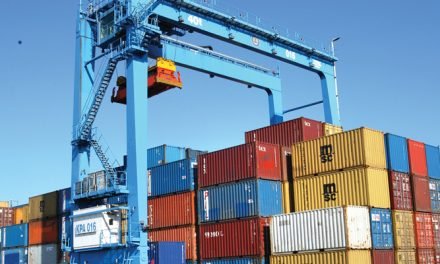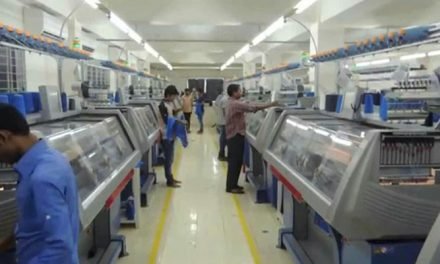 Fitch Solutions recently raised India’s fiscal deficit forecast to 3.6 percent of the Gross Domestic Product (GDP) for the current fiscal from the earlier 3.4 percent due to weak revenue collections resulting from sluggish economic growth and government’s sweeping Corporate Tax Rate cut.
Fitch Solutions recently raised India’s fiscal deficit forecast to 3.6 percent of the Gross Domestic Product (GDP) for the current fiscal from the earlier 3.4 percent due to weak revenue collections resulting from sluggish economic growth and government’s sweeping Corporate Tax Rate cut.
The government on September 20, had announced that it would be slashing Corporate Income Taxes for domestic companies to 22 percent from 30 percent previously. This would bring effective Corporate Tax rate, including all additional levies, to about 25.2 percent, for companies which are not receiving any incentives or exemptions. New manufacturing companies formed after October 1, will enjoy a 15 percent (Effective rate of 17 percent) Corporate Income Tax rate, versus 25 percent previously.
Meanwhile, the Karnataka Cabinet has cleared the ‘New Textile & Garment Policy 2019-2024’ that aims to attract investments worth Rs. 10,000 cr, generate over five lakhs jobs and make the State a leading player in the sector, according to State Minister for Law and Parliamentary Affairs JC Madhuswamy. The State contributes 20 percent to national garment production.
The overall Budget requirement for implementing the policy is about Rs. 2,282.86 cr spread over the eight to nine years. During the policy period 2019-24, the Budget requirement is around Rs. 1,582.17 cr. The new policy also provides for capacity building and vendor development, and envisages creation of Centres of Excellence for Textiles and Technical Textiles. The policy has credit-linked capital subsidy for Micro, Small and Medium Enterprises (MSMEs), large enterprises, interest subsidy for large enterprises and power subsidy for MSMEs and large enterprises. The policy also aims to offer segment wise incentives like ginning, spinning, weaving (handloom and power looms), processing, integrated units, garmenting fashion/buying houses, technical textiles, silk and wool. A special package is available for mega units–for textiles this involves fixed investments above Rs. 300 cr and minimum employment of 350; for garment units, it has been for fixed investments above Rs. 200 cr and minimum employment of 3,000.
At the same time, the industry has welcomed the Hon’ble Prime Minister’s decision not to join the Regional Comprehensive Economic Partnership (RCEP). Even within the Textile Value Chain, some would have benefited and others lost. This will bring relief to thousands of small manufacturers and traders.
At this occasion, I would like to wish all our readers a very Happy and Prosperous New Year 2020!





















